In a country known for its bold tycoons and family dynasties, Wichai Thongtang remains an enigma — a billionaire who built his empire not with loud headlines but with legal contracts and quiet deals. In 2025, his name is once again circulating in business circles, not for a scandal or political move, but because his net worth has quietly surged, placing him among Southeast Asia’s most influential business figures.
Wichai isn’t your typical media mogul or tech innovator. He’s a former lawyer — once dubbed Thailand’s “lawyer to the rich” — who turned courtroom victories into strategic footholds in television, healthcare, and beyond. His story isn’t just about wealth accumulation; it’s about how expertise, discretion, and timing can be more powerful than flash.
This article takes a look at how Wichai Thongtang amassed his fortune, what his 2025 net worth reveals about shifting power in Asia, and why his approach to business challenges the very idea of what it means to be a modern billionaire.
2025 Net Worth Breakdown: The Numbers Behind the Billions
As of mid-2025, Wichai Thongtang’s estimated net worth stands at $2.1 billion, according to updated rankings from Forbes and regional financial analysts. While he’s long been one of Thailand’s quiet billionaires, the latest figures reflect more than just steady accumulation — they reveal a well-calibrated portfolio that’s benefited from the convergence of healthcare demand, media influence, and legal clout.
Unlike many of his peers, Wichai’s wealth doesn’t stem from inherited assets or a single corporate monolith. Instead, it’s the result of strategic plays across three core sectors:
- Legal Services & Advisory – the foundation of his fortune
- Media Holdings – notably his stake in Bangkok Broadcasting & TV
- Healthcare Infrastructure – led by his ownership in Thonburi Healthcare Group
The most impressive growth in 2025 has come from healthcare, where post-pandemic shifts and Thailand’s growing appeal as a medical tourism hub have driven valuations upward. His media interests have also shown resilience, thanks to BBTV’s digital modernization strategy and increasing ad revenue tied to election-year coverage.
From Courtroom to Boardroom: How Legal Mastery Fueled a Business Empire
It was in a high-stakes corporate dispute in the 1990s — a case that pitted two of Thailand’s most powerful families against each other — that Wichai Thongtang’s name became etched into the legal elite. Representing one of the country’s wealthiest clans, Wichai didn’t just win the case; he rewrote the playbook on how law could be wielded as a strategic business tool. That victory not only earned him a windfall in legal fees but, more crucially, the trust of Thailand’s corporate aristocracy.
Wichai wasn’t just a lawyer — he was a tactician. Known for his deep understanding of both the law and the market forces shaping Thai commerce, he became the go-to counsel for billionaires and blue-chip companies navigating complex mergers, asset disputes, and regulatory gray zones. His client list, famously private, is rumored to have included major players in the telecom, banking, and real estate sectors.
But what set him apart wasn’t just who he represented — it was what he learned from them. Every negotiation table, every courtroom exchange gave him a blueprint for how Thailand’s most successful families built and protected wealth. Over time, Wichai began shifting from counsel to stakeholder, quietly investing in companies he once advised, often in sectors he knew were undervalued or under-leveraged.
His legal expertise gave him two critical assets: insider foresight and reputational currency. In an environment where trust and discretion can be as valuable as capital, Wichai had both. That’s why when he made his move into media and healthcare, doors opened easily — not because he was loud, but because he had long been the man behind the scenes who made deals happen.
In an age when most billionaires come from tech or finance, Wichai’s journey from courtroom strategist to empire builder is as rare as it is instructive — proof that intellect, timing, and trust can rival even the boldest startups.
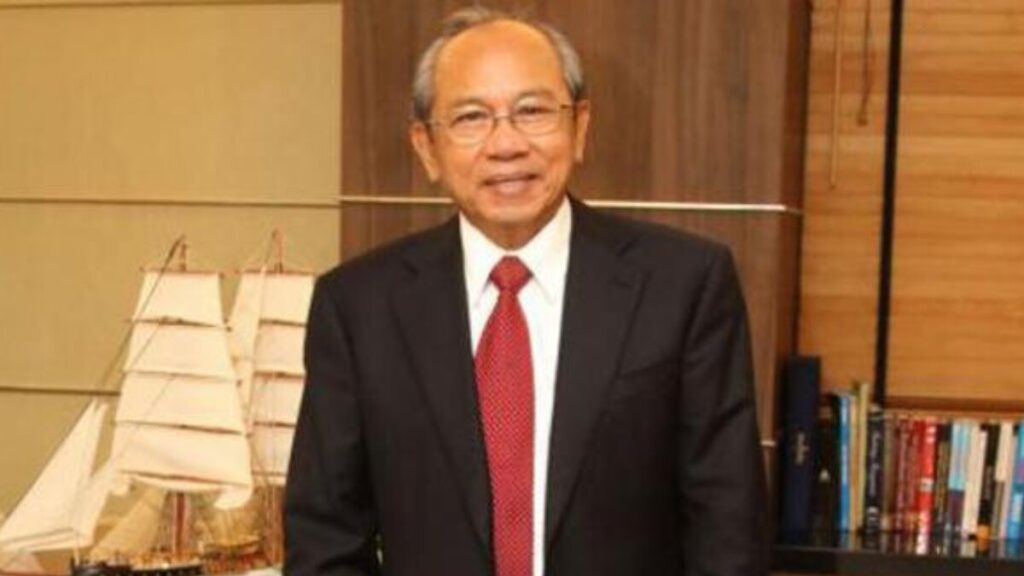
Buying into Influence: Wichai’s Bold Media Investments
When Wichai Thongtang acquired a major stake in Bangkok Broadcasting & Television Company Limited (BBTV), many observers were puzzled. Why would a legal powerhouse and healthcare investor pivot into the crowded, declining world of traditional media — especially terrestrial television?
But the move wasn’t about chasing ratings. It was about quiet influence.
BBTV, known for its flagship Channel 7, commands one of Thailand’s largest broadcast audiences, especially outside urban centers. While streaming giants reshape digital habits among younger viewers, Channel 7 retains unmatched reach among rural and older demographics — a demographic with strong political influence and spending power. Wichai didn’t just buy a TV station; he acquired a channel into the cultural bloodstream of Thailand.
The investment also served a deeper strategic function. In a country where media narratives shape public sentiment and business clout, owning a dominant platform provides what financial returns cannot: agenda-setting capability. It’s not just about selling ads — it’s about framing stories, setting tones, and staying visible while remaining personally discreet.
Under his partial ownership, BBTV has quietly modernized. Digital extensions and online streaming improvements have kept the brand competitive, while the network’s trusted reputation has shielded it from the disruption that has battered other broadcasters.
For Wichai, media wasn’t a pivot — it was a calculated extension of his long-standing strategy: leverage trust, scale discreetly, and invest where power flows quietly but persistently.
The Billionaire’s Stake in Thailand’s Private Healthcare Boom
Wichai Thongtang’s foray into healthcare wasn’t driven by trend-chasing — it was driven by timing, demography, and an almost lawyerly understanding of structural shifts. Years before Thailand’s private hospital sector exploded, he made a decisive move: acquiring a controlling stake in Thonburi Healthcare Group (THG), a network of hospitals that has since become one of the country’s fastest-growing medical enterprises.
At the time, many viewed the sector as sluggish and over-regulated. But Wichai saw two macro forces converging: Thailand’s aging population, and its growing status as a hub for medical tourism. With lower costs, skilled physicians, and world-class facilities, Thai hospitals were drawing patients from across Asia, the Middle East, and even Europe. He understood that healthcare wasn’t just a domestic service — it was an exportable asset.
Through THG, Wichai invested not just in buildings and equipment, but in long-term institutional trust. His team expanded hospital services to include wellness centers, specialized care units, and tech-enabled diagnostics — areas that would later see exponential demand post-COVID.
What makes this move especially notable is its contrarian timing. When other billionaires were pouring capital into tech or property, Wichai went for something slower, more complex, and regulation-heavy — but ultimately essential. He wasn’t chasing buzz; he was building an empire around inevitability.
In 2025, as medical tourism rebounds and elder care becomes a national priority, his healthcare portfolio isn’t just thriving — it’s proving to be the crown jewel of his investment strategy.
How Wichai Compares to Thailand’s Wealth Elite
In a country where old-money dynasties often dominate the upper tiers of wealth, Wichai Thongtang stands apart — not just in how he made his money, but in what his fortune represents. At an estimated $2.1 billion in 2025, Wichai’s net worth may trail behind household names like Dhanin Chearavanont and Sarath Ratanavadi, but the path he took to get there is arguably more singular.
Chearavanont, patriarch of the CP Group, built his empire on agribusiness, retail, and telecom — sprawling industries backed by generations of family infrastructure. His wealth, hovering near $12.1 billion, reflects global scale and political entrenchment. Meanwhile, Sarath Ratanavadi rose to prominence through Gulf Energy Development, tapping into Thailand’s power needs and riding an infrastructure boom that placed him in the top three richest Thais by 2025, with a fortune exceeding $11.6 billion.
Wichai, by contrast, entered the elite without a family conglomerate, foreign joint ventures, or natural resource leverage. His empire was self-constructed, brick by brick, from courtroom settlements and discreet equity stakes. Where others scaled quickly through capital-heavy industries, Wichai used credibility and access as currency — advising billionaires before quietly becoming one.
And while his peers are publicly tied to the machinery of government and macroeconomics, Wichai’s influence is quieter but more surgical — embedded in law, media, and health. His diversified wealth also speaks to resilience; he’s not tethered to commodity swings or political risk.
In legacy terms, he may not yet match the generational footprint of Thailand’s tycoon class — but his rise is a blueprint for the self-made, strategic billionaire in the 21st century.
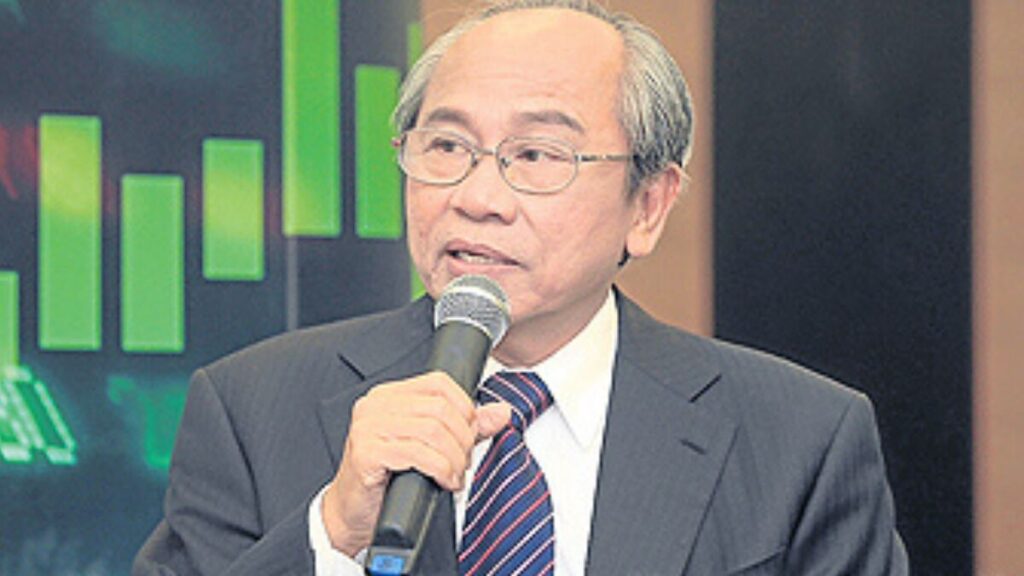
Why Wichai Stays Out of the Spotlight (And It Works)
In an age where personal branding is currency and moguls tweet their every move, Wichai Thongtang remains almost monk-like in his silence. There are no viral speeches, no flamboyant interviews, no curated social feeds. Yet somehow, his influence continues to grow.
This quiet approach isn’t accidental — it’s strategic, and deeply cultural. In Thai business tradition, khwam kreng jai (a sense of respectful restraint) is often more admired than assertive self-promotion. Wichai’s low-profile persona aligns with this ethos, signaling humility, trustworthiness, and an aversion to unnecessary conflict — traits that serve him well in boardrooms and negotiations.
His discretion also protects his leverage. By staying out of political firestorms and media cycles, Wichai preserves a kind of soft power insulation. When your moves aren’t telegraphed to the world, you control the narrative — or sidestep it entirely.
He shares this philosophy with a rare class of billionaires like Amancio Ortega or Ingvar Kamprad — figures who let their business speak louder than their public presence. In Wichai’s case, the silence doesn’t suggest absence. It suggests calculation.
And perhaps that’s his greatest strength: in a world increasingly loud, power that doesn’t announce itself is harder to challenge.
What I Learned Studying Wichai’s Rise
After spending weeks diving into the life and strategy of Wichai Thongtang, I kept coming back to one word: intentional.
What surprised me most wasn’t just how he made his money, but how quietly and precisely he moved. In an era obsessed with velocity — with blitzscaling and unicorn chasing — Wichai plays a long, patient game. He doesn’t grab headlines. He doesn’t swing for the fences. He makes what I came to think of as “compound moves” — deals that deepen over time rather than explode overnight.
The pattern became clear the deeper I looked: Wichai enters industries where trust and systems matter — law, healthcare, media — and then builds influence from the inside out. He doesn’t disrupt; he embeds. That’s why his fortune seems almost invisible at first glance, and yet, when you lay it all out, you realize how strategically sound it is.
What I found even more compelling was how little he relies on personal exposure. No TED talks. No executive memoirs. And yet, his name opens doors at the highest levels of Thai business and governance. That kind of power — built through discretion and consistency — is increasingly rare.
Studying Wichai’s rise changed how I think about success. It’s not always about being first or loudest. Sometimes, it’s about being sharp, steady, and unshakably prepared.
What’s Next for Wichai Thongtang in the Global Economy
If Wichai Thongtang’s past is any guide, his next move won’t be loud — but it will be deliberate.
With Thailand’s healthcare sector increasingly looking outward, regional expansion seems like a logical step. Thonburi Healthcare Group has already hinted at partnerships in neighboring Southeast Asian markets, where demand for private care and medical tourism is growing rapidly. Digital health is another likely frontier — a natural extension that could blend his traditional strengths with scalable innovation.
There’s also quiet speculation around a potential IPO or partial listing of one of his media or healthcare assets, especially as capital markets look for stable, post-pandemic plays in emerging Asia.
Still, risks remain. Regulatory shifts, political transitions, or leadership succession could challenge the continuity of Wichai’s empire. His low-profile style, while effective, also leaves questions about long-term visibility and succession planning.
But if history holds, Wichai won’t rush. His strategy has never been about speed — it’s about alignment, patience, and moving when the market is just slightly out of breath. That’s where he’s always found his edge.
A Masterclass in Strategic Wealth
Wichai Thongtang’s journey defies the typical billionaire narrative. There’s no meteoric startup, no global brand bearing his name — just decades of disciplined strategy, legal sharpness, and an uncanny ability to invest where others weren’t looking.
From courtrooms to hospitals to television networks, he has quietly built a diversified empire rooted in trust, timing, and relevance. His story is a reminder that real power doesn’t always demand the spotlight — sometimes, it’s built in silence, through consistency and foresight.
In a world obsessed with fast wins and public personas, Wichai’s path invites a different kind of reflection: What does it mean to build wealth that lasts — and influence that doesn’t announce itself?
Nishant is a digital strategist and celebrity finance analyst with over 15 years of experience in SEO-driven content. As Founder of TheNetWorths.com, he creates high-authority profiles on wealth, branding, and cultural influence.
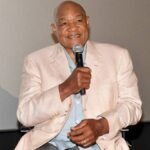

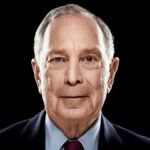






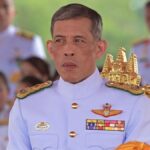




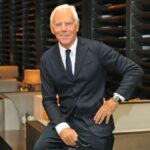
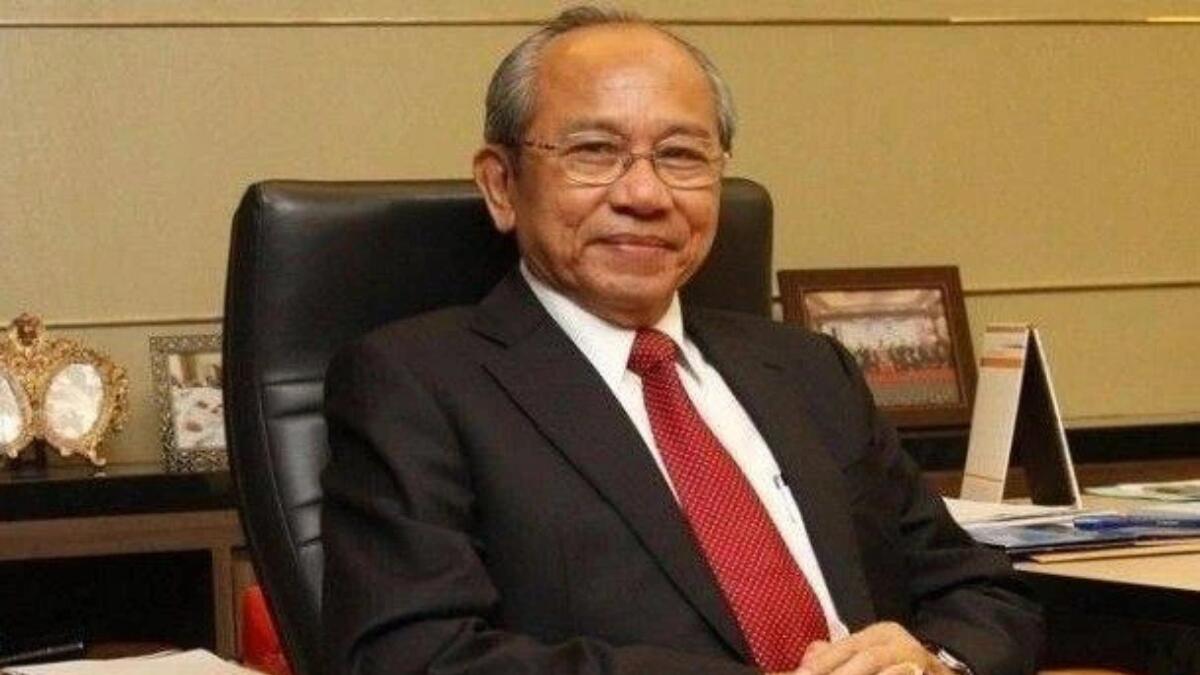
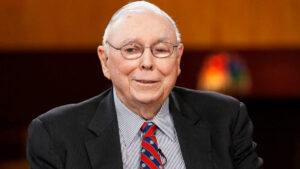
1 thought on “Wichai Thongtang Net Worth 2025: How Thailand’s Richest Lawyer Built a $2 Billion Fortune”